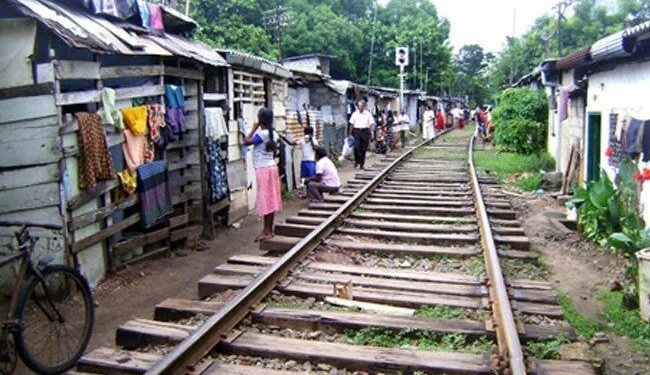Sri Lanka incurred nearly Rs. 6 billion loss due to the previous government’s decision to unilaterally cancel the Light Rail Transit (LRT) project, which was started under Japanese loan assistance with the aim of reducing traffic congestion in Colombo and providing a better transport service to the passengers, a report compiled by the National Audit Office revealed.
According to the Auditor General’s Department, it has been revealed during a special audit regarding the cancellation of the project that the amount of Rs. 5.978 billion spent on the project until then has been wasted.
In addition to the above expenses, the Japanese consulting company has demanded Rs. 5.16 billion, including the consultancy fees provided until the termination of the project and the loss caused to them by the cancellation of the project without any prior discussion.
If the amount is not paid and the company goes to an arbitration procedure in the future, Sri Lanka will have to pay a huge amount like the full consultancy fee and compensation etc., the Audit report says.
Also, at the beginning of this project, an amount of 60,080,000 Japanese yen (Rs. 1.04 billion) has been applied to the project as an advance payment fee and 50 percent of that amount was to be refunded after the project was fully completed. That payment has been wasted since the project was abruptly terminated, the report states.
The audit report states that while the funding for the project was provided by the Japan International Cooperation Agency (JICA) on a the request of the Government of Sri Lanka from the Government of Japan in 2016 under a concessionary interest basis with a grace period of twelve years to be paid in forty years, no acceptable reason has been given for canceling the project.
This project has been cancelled according to a cabinet memorandum submitted on September 24, 2020.
The Auditor General has recommended that in presenting its observations related to the Cabinet Memoranda, the Treasury should make maximum efforts to provide its independent professional observations beyond supporting the decisions expected by the Memoranda.
These facts are included in a special audit report issued by the Auditor General’s Department in November 2022 regarding the Japanese light rail project.
The objective of the project was to boost the transportation capacity and improve the safety and comfort of public transportation by introducing a light rail transit (LRT) system 17 km in length with 16 Stations from the Multi-Model Transport Hub in Colombo Fort to Malabe Depot.
The previous Yahapalana Government in March 2019 entered into agreement with the Japan International Cooperation Agency (JICA) for a Japanese soft-loan of $ 1.86 billion for the construction work of the LRT project.
On 21st September 2020, Dr. PB Jayasundara, the Secretary to the then President Gotabaya Rajapaksa has sent a letter to the Secretary to the Ministry of Transport NB Monty Ranatunga on the requesting him to stop the $ 2.2 billion Light Railway Track (LRT) project immediately and close its project office.
“It has been observed that Light Railway Track System is very costly and not the appropriate cost-effective transport solution for the urban Colombo transportation infrastructure,” the letter said adding that the President has directed the Secretary to request the Ministry Secretary to terminate the project with immediate effect.


